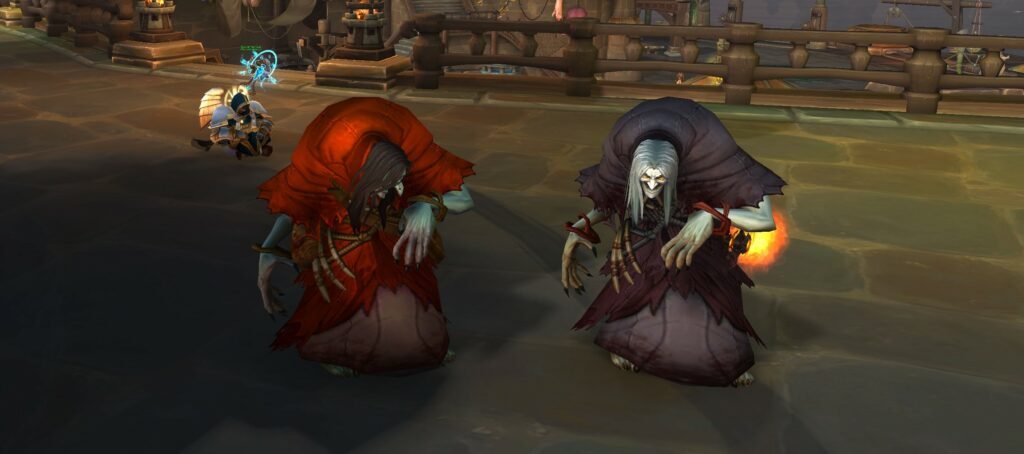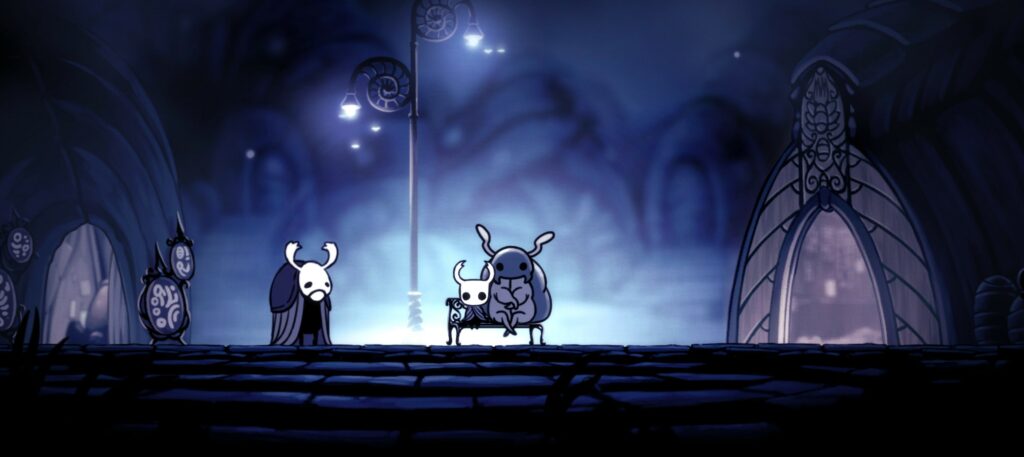Final Fantasy VII is a game that I should have played around twenty years ago, and I’m happy to say that I’ve finally played it. I first learned of the world and characters of FF7 in 2012 – back when the prequel game, Crisis Core, was released – and I didn’t realize it was connected to a larger game universe. I made a post about that last month, but to sum it up, I was greatly intrigued. In fact, the Final Fantasy series was a formative part of my childhood and is part of the reason I latch onto story-rich games with expansive and sometimes convoluted lore. However, FF7 was at the back of my mind until the FF7 remakes were announced, and my excitement reignited.
FF7 was released in 1997 and has since become one of the most popular games not just in the Final Fantasy series, but within gaming culture. Part of the reason for this is that prior to FF7, Final Fantasy games had been 2D pixel adventures. FF7 marked the beginning of Squaresoft’s 3D JRPGs and the jump in technology as well as quality was apparent. The game had a larger scope and featured beautiful music compared with a cast of interesting characters to share in the main character’s – Cloud – journey. Its popularity has since spawned a sequel movie, and a prequel game that it arguably as great as its predecessor. The latest entry into the FF7 family are the remakes, games which significantly update graphics and gameplay but don’t follow the story of the original game exactly. I decided it would be a good idea to play the original first to experience the original story as well as finally play one of the all-time must-play classic titles.

If you can get past FF7’s Roblox-style graphics – advanced for the time – the game has a cool story to tell. What starts off as nothing more than a job for main character Cloud turns into a continent-spanning quest to save their planet from an evil corporation and one man with very luxurious hair. While the story explores several themes, the overarching one is of science fiction. Everything that happens in the game, including what led to the success and domination of the Shinra Electric Company, can be attributed to the discovery of an alien race that settled on the planet. The discovery of this alien race, known as the Cetra, led Shinra to the realization that these people could interact with the planet, which is further discovered to be a living creature of sorts. Humans are the descendants of the Cetra and Sephiroth, the aforementioned man with nice hair, misinterprets these events which leads to illusions of grandeur. Midgar, the megacity Cloud and his friends inhabit at the beginning of the game, is a monument to Shinra’s technological prowess at the expense of the Cetra. The game has undertones of Humans unknowingly playing with powers they can’t understand. Of course, the story gets more complicated and hilarity ensues, but the major science fiction themes are very cool!

FF7’s combat system utilizes ATB, or, Active Time Battle, which is a RTwP – Real Time with Pause – system where each party member has their own cooldown gauge between attacks. The duration of the gauge depends on stats, items, and applied buffs. While I’m a big fan of pure turn-based combat, I find the ATB system to be engaging and serves to keep the battle going at a certain pace. Of course, since it uses RTwP, that means players can enable a pause before attacking in the game’s settings. Aside from physical attacks with a weapon, players can also manage and equip Materia to each party member. Materia is how magic works in FF7 – and also in many Final Fantasy games – and equipping certain Materia grants access to certain magic attacks like fire or ice. While it gets tedious to swap out Materia as I changed party members, I eventually got the rhythm down as I figured out a set of Materia that worked for me. Weapons and Armor each have Materia slots which determine the amount of Materia that can be equipped by a single player.

One of the things that makes a good JRPG great are the characters and FF7 delivered in that regard. Experiencing each character’s personality and watching their growth arc over the course of the game is always fun, and it’s a major reason why these kinds of games are so popular. Playing FF7 in particular helped me to fill in a big gap when it came to my knowledge of the story, and rewatching the movie after playing the game and fully understanding the story made it that much more fun. Playing this game was nostalgic for me too as I remembered the fascination that sparked my interest in JRPGs and story-focused games as a whole. I’m excited to dive into the remakes at some point, which I already know reinvent the original story a bit. I also haven’t played the Crisis Core remake, which might make for a fun game to play before starting the FF7 remake. But I think I’ll take a break before all that because FF7 was a long journey!


